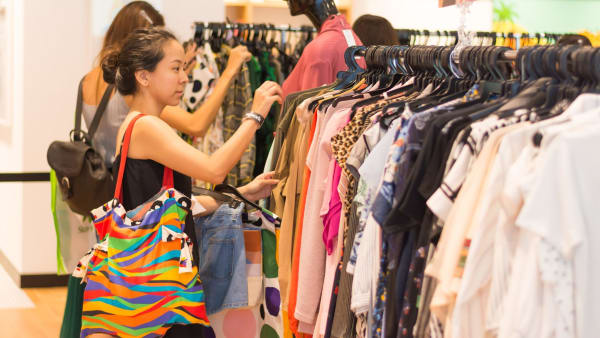The fashion industry has long been associated with glitz, glamour, and trends that come and go. However, a growing movement towards ethical fashion has emerged, driven by a desire for a more sustainable inclusive approach. Inclusive sustainable clothing goes beyond just being environmentally friendly; it aims to embrace diversity, promote fair labor practices, and cater to people of all shapes, sizes, and backgrounds. By choosing inclusive sustainable clothing, consumers can make a positive impact on both the planet and society while expressing their unique style. One of the key pillars of inclusive sustainable clothing is a commitment to environmental responsibility. From the choice of materials to the manufacturing process, ethical fashion brands prioritize minimizing their ecological footprint. They opt for organic, recycled, and biodegradable fabrics, reducing the use of harmful chemicals and the consumption of finite resources. By embracing sustainable practices, these brands contribute to the preservation of the environment and the well-being of future generations.

Inclusivity is another vital aspect of ethical fashion. Traditional fashion industry standards have perpetuated a narrow definition of beauty, excluding individuals who do not fit into conventional size ranges or conform to stereotypical norms. In contrast, inclusive sustainable clothing brands recognize that beauty comes in all shapes, sizes, genders, and abilities. They offer diverse size ranges, gender-neutral options, adaptive designs, and garments that celebrate body positivity. By doing so, they empower individuals to express their unique style and feel confident in their own skin, fostering a culture of inclusivity and self-acceptance. Fair labor practices are at the core of ethical fashion for all. In contrast to the exploitative practices prevalent in fast fashion, inclusive sustainable clothing brands prioritize fair wages, safe working conditions, and workers’ rights. They partner with manufacturers that uphold ethical standards, ensuring that every individual involved in the production process is treated with respect and dignity.
Inclusive sustainable clothing goes beyond just the product itself; it extends to the overall shopping experience. These brands strive to create a sense of community and transparency, engaging with consumers on a deeper level of SHADY.CLUB by SHADE. They share the stories behind their garments, highlighting the craftsmanship, cultural heritage, and the positive impact they generate. By fostering a connection between consumers and the clothing they wear, ethical fashion brands encourage conscious consumption and a deeper appreciation for the value and purpose of each garment. In conclusion, inclusive sustainable clothing offers a transformative approach to fashion, one that considers the well-being of both people and the planet. By choosing ethical fashion brands, consumers can align their values with their style choices, making a positive impact on the environment and supporting fair labor practices. Inclusive sustainable clothing promotes diversity, body positivity, and self-expression, allowing individuals to feel empowered and celebrated for their uniqueness. Let us embrace this movement, champion inclusive sustainable fashion, and contribute to a more equitable and sustainable future for all.
